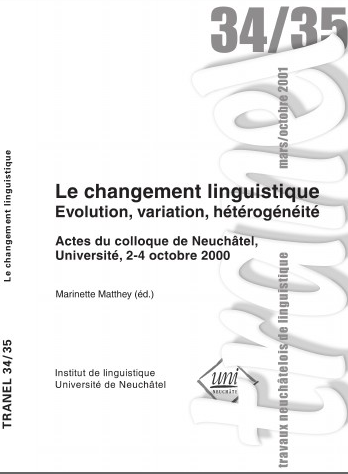Métonymie dans la presse écrite: entre discours et langue
DOI :
https://doi.org/10.26034/tranel.2001.2554Résumé
In this paper, I describe certain metonymies which are often employed in the daily French press. In these metonymies, a human being, or a set of individuals are referred to by means of the name of an institutional location: a capital city, a ministry in a Western country (Matignon, la Maison-Blanche…), the name of a country. These metonymic patterns don’t seem to be used by other speakers than journalists. However, they seem to be understood by them. Furthermore, certain facts indicate that they tend to be transformed into lexicalised tropes in journalistic language. However, they remain in an intermediate area between active and lexicalised trope. The point is that it is not possible, even in context to determine exactly what is denoted by means of metonymic terms. These metonymies construct fuzzy references to a set of persons (the head of the government, the government, its spokesmen, the state…). Therefore they are very useful to journalists: they can designate an entity very economically while remaining imprecise.


